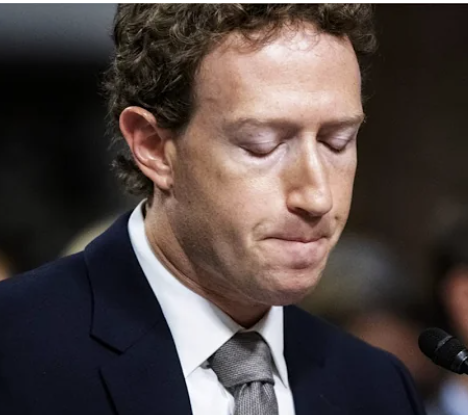In a compelling episode of “The Joe Rogan Experience,” podcast host Joe Rogan engaged Meta CEO Mark Zuckerberg in a heated debate on the controversial issue of COVID-19 censorship. The lively discussion unraveled Zuckerberg’s consistent alignment with liberal ideologies, despite making efforts to win over more conservative audiences. The episode, extensively covered by Cullen Linebarger on January 12, 2025, highlighted pivotal concerns surrounding free speech and the intricate challenges of the pandemic response.
Mark Zuckerberg initially appeared willing to engage in meaningful dialogue, remarking, “Their goal to get everyone vaccinated was actually a good goal…,” referring to the Biden administration’s vaccination campaign. However, Rogan quickly countered this viewpoint by pointing out, “Yeah, it was a good goal if it worked…if it really did prevent people from getting COVID, from infecting others. But it didn’t, so it wasn’t a good deal.” This pivotal exchange captured the failed promises of the administration’s vaccination strategies, shedding light on the broader implications of these missteps.
Despite Rogan’s incisive critique, Zuckerberg defended the administration’s actions by arguing, “Still, on balance, I still think it’s good for more people to get the vaccine,” while adding, “I’m not sure in that case how much of it was like a personal political gain that they were going for.” His comments mirrored the Biden administration’s narrative, which many conservatives perceive as an overreach of governmental authority — a sentiment resonating widely among Trump supporters.
As the conversation escalated, Rogan fiercely challenged Zuckerberg’s stance on censorship and silencing opposing voices. Rogan emphasized, “There’s the emergency use authorization that they needed in order to get this pushed through. And you can’t have that without valid therapeutics being available. And so they suppressed valid therapeutics.” By making this argument, Rogan suggested that financial gain may have taken precedence over public health concerns, positing, “They pushed one solution, this only one, suppressed all therapeutics through propaganda, through suppressing monoclonal antibodies, like all of it… And that was done, in my opinion, for profit. And they did that because it was extremely profitable. The amount of money that was made was extraordinary during that time.”
Watch:
Zuckerberg’s interview was going exceptionally well—he was hitting all the right notes, earning nods of approval from Rogan where it counted most.
But the momentum came to a screeching halt when Zuckerberg made a COVID censorship claim that struck a nerve with @JoeRogan.
While… pic.twitter.com/4x2zy1gEVm
— The Vigilant Fox 🦊 (@VigilantFox) January 10, 2025
This exchange highlights the skepticism prevalent among conservatives towards narratives championed by mainstream media and big tech. For Trump supporters, this dialogue underscores a pattern believed to be prevalent among liberal entities, wherein control over discourse often involves silencing dissenting voices. Such instances reiterate enduring concerns about censorship and the intimidating influence of powerful tech giants like Meta, which many believe align too closely with liberal priorities when politically convenient.

